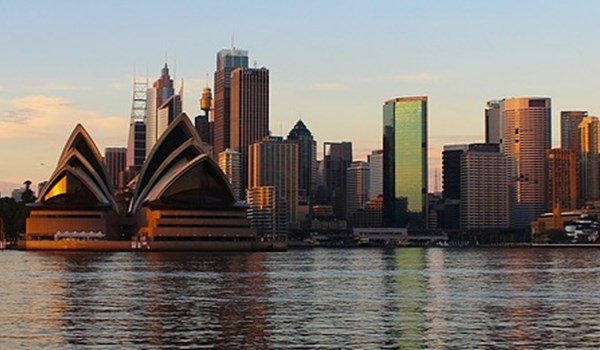Jurisdictions
Regions
Industry Sectors
09/04/20
AUSTRALIA: Finance minister says he’s ‘confident’ the economy will ‘bounce back strongly’.

As published on cnbc.com, Thursday 9 April, 2020.
Australia’s finance minister said he was confident that the economy will “bounce back strongly” when the coronavirus crisis is over.
Speaking to CNBC on Thursday, Mathias Cormann said the fundamentals of Australia’s economy “remain sound.”
“We’re quite confident on the other side, once we’re on the other side of this coronavirus-induced crisis, that we’ll be able to bounce back strongly,” Cormann told CNBC’s “Squawk Box.”
Cormann’s comments came after S&P Global Ratings said the outlook for Australia’s “AAA” credit rating has been revised to negative from stable on risks over coronavirus. The rating agency said it could lower Australia’s rating within the next two years if the economic damage caused by the pandemic is more severe or prolonged than expected.
Asked if there could be more fiscal and monetary measures to stave off a possible recession, Cormann said: “The (Reserve Bank of Australia) and the government are both doing everything we can.”
“Monetary policy and fiscal policy are very much heading in the same direction, supporting the economy, supporting business, supporting jobs,” he said. “Our focus, of course, is on supporting Australians through this temporary challenge … to ensure that we’ve got the strongest possible opportunity for a big bounce back, have like a major recovery on the other side.”
Australia has pledged a massive financial stimulus package of 320 billion Australian dollars (nearly $20 billion) to combat the economic impact of the coronavirus pandemic — “the biggest economic lifeline in Australia’s history,” according to Prime Minister Scott Morrison. Under the package, the wages of millions in the country will be subsidized by the government.
Australia’s government is unlikely to introduce further major fiscal stimulus as the country grapples with the economic fallout from the coronavirus outbreak, according to Cormann.
“We’ve now put in place measures that represent about 16.4% of our GDP,” Cormann said. “While there might still be some adjustments along the way ... in terms of major measures, this is it.”
“We’re providing support for six million workers through this JobKeeper program and that is about half the Australian workforce,” Cormann said.
Still, he said that a line has to be drawn when it comes to temporary visa-holders.
“The expectation always is that they are able to support themselves in Australia, while in Australia, either to work through their savings or by accessing their superannuation,” Cormann said. “For those who can’t do that, our very strong advice to them is that they should return home.”
Superannuation in Australia is money set aside by a person’s employer over the course of the individual’s working life for them to live on upon retiring.
Commenting on Australia’s debt position, Cormann said it was “very comfortable” on an international basis. He added that the current large expenditure to support the economy, business and jobs are temporary.
“We’re not baking in liabilities into the budget bottom line, we’re not making changes that will impose burdens on the budget over the medium-to-long term on a structural basis,” Cormann said.
As of 3 p.m. local time on April 8, Australia had reported 6,013 cases of the coronavirus and 50 deaths, according to the government’s department of health.
The finance minister said the situation is expected to last for about six months.
“It’ll be great if it was less, but we will be entirely guided by the medical advice here,” he said. “We would never gratuitously want to close sections of our economy if it wasn’t required for health reasons to save lives.”


